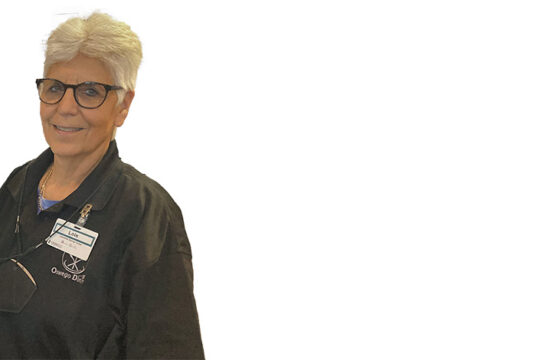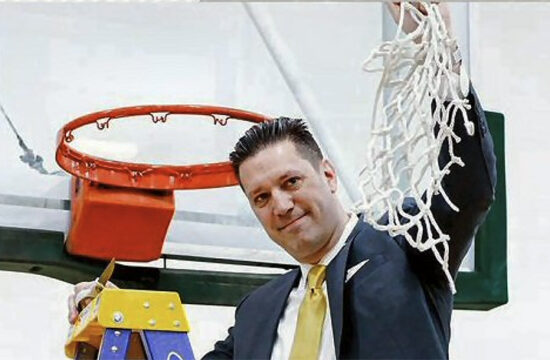By Deborah Jeanne Sergeant
Your grandparents could get a job with only a high school diploma. For your parents, a college degree equaled a good job.
But times have changed.

Of course you can get employment, but Gary Morris, director of Career Services at SUNY Oswego, said that to “get a job at the highest level possible in a field of their choice takes thoughtful consideration and serious action.”
While you are still attending college, you can take steps to increase your chances of landing a job. Morris said that “connecting with staff, faculty, alumni, employers and classmates can offer a student a competitive advantage as students begin to build their brand with a wide network. Experiences are key and experience related to a student’s chosen field is even better.”
For example, working a part-time job relating to marketing now will help you find a job in marketing easier.
Every job has skills important for success and Morris said that researching those skills and assessing your ability in those areas can help you know your skill gaps and fill them using resources such as LinkedIn Learning. This strategy “can be very important to ensuring employers see you as a best possible fit,” Morris added.
Reading industry books and magazines, workshops, webinars, podcasts or other means of learning about your industry may be helpful.
“Be sure to show up,” Morris said. “Lean into this process, overcome your fear of the unknown and just start taking steps as soon as possible and students will find success. Of course, connecting with their Career Services office can make this process more efficient and effective.”

“It’s not just about “book smarts,” said Stephanie M. Vavonese, founder and executive recruiter at SMV Recruiting, LLC. She looks at resumes and wants to see “someone who’s well-rounded,” she said. “If you only have a good GPA but nothing to show that you can multitask and manage priorities, that’s a red flag.”
She prefers candidates who did things like serve on the board for resident life. Or who participated in team sports.
“That shows you’re a team player,” Vavonese said. “One thing I also love seeing is if someone studied abroad. The experience of living in a different culture says a lot about a person and it gives you perspective. Having people of various backgrounds and experiences helps foster a more inclusive workplace.”
Another biggie is completing an internship. Vavonese said that most companies offer internships and many degrees require it, so there’s no reason to not do one — or more.
“Get as many internships under your belt as possible,” she said. “People want to know you’ve been in a professional setting. An internship exposes you to jobs you didn’t know were out there. You learn soft skills and you implement your skills in real life. Figuring out how to apply it gives you a leg up. I want to learn the good and the bad about their internship.”
The internship and leadership/extracurricular experiences are so important that she typically passes on candidates lacking them, even if they have a high GPA.
“I’d rather see a somewhat lower GPA and these experiences than high GPA but none of these experiences,” she said.
Working a job, whether part-time or full-time can also show you have real life experience. But Vavonese warned that job hopping is a no-no. She added that, if possible, find a job related to your career, but if not, any job is better than no work experience.
“I want references,” Vavonese said. “People give professors as references, but they have limited exposure. Having someone I can talk with about how quickly they think on their feet, how they were they in a work environment. How do they ask questions when they don’t know something? That’s what I want to know.”












